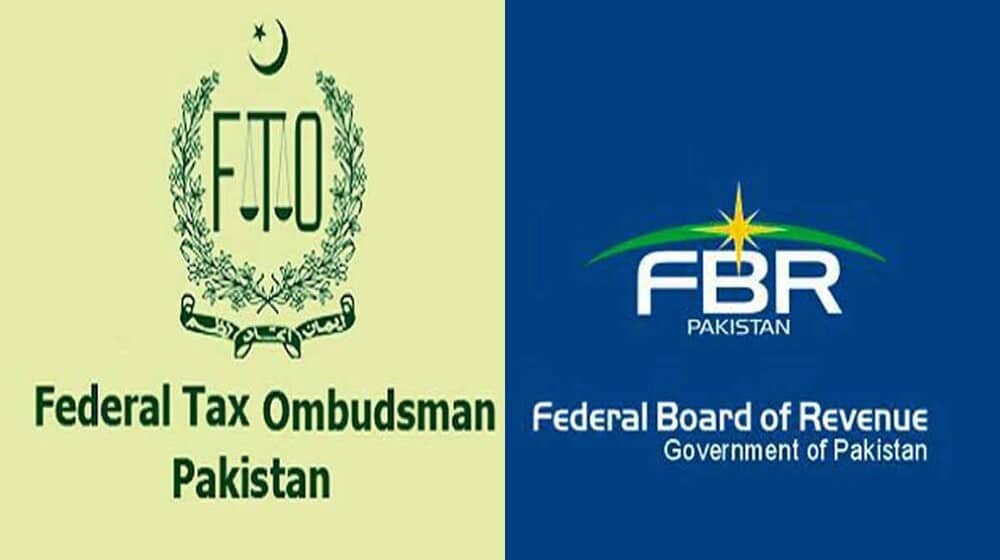The Federal Board of Revenue (FBR) Corporate Tax Office (CTO) Islamabad has been accused of threatening taxpayers in the FTO proceedings and a lawyer.
Sources said that the CTO has issued a safe warning of legal consequences against Advocate Waheed Shahad Butt, representing taxpayers in the FTO investigation case.
According to the case record, instead of focusing on the central issue under the investigation – the alleged adjustment in the demand for sales tax against the income tax return – CTO officials diverted their attention to the contradictory lawyer.
Presenting the FTO in writing, the CTO said that the lawyer’s allegations were “unnecessary” and reflect “lack of understanding”. The office claims that such remarks “damage the integrity and tireless efforts of the tax company.”
It further warned that “irresponsible accusations” without evidence could result in serious consequences for the lawyer.
The FTO is currently listening to a complaint that cites the Supreme Court’s decision in the Pakistan LNG case, calling the CTOS actions potentially derogatory.
Legal experts have argued that the move could also violate Article 10-A of the Constitution, which guarantees the right to fair trial and appropriate action.
Readers described the incident as a deeper, considering that the FBRS response has tried to intimidate a lawyer to perform its professional duties.
He warned that such behavior raises broader questions about institutional accountability within the tax administration.
In a formal response, the CTO defended its actions, saying that “the claim that was illegally recovered under Section 48 is in fact wrong. No repression has been recovered. In question, action is a legal return.”
The CTO maintained that “accusing a government of a Pakistani officer in a few fancy lines could be the result of a legal action against a lawyer.” He added that if the lawyer considered restoration illegal, “the appropriate forum for resolution is the appellate authority, there is no complaint to the FTO.”
The statement concluded that “such unnecessary allegations not only show lack of understanding but also harm the integrity of the institution. Irrigation without evidence will not cover the facts and can lead to serious consequences.”

